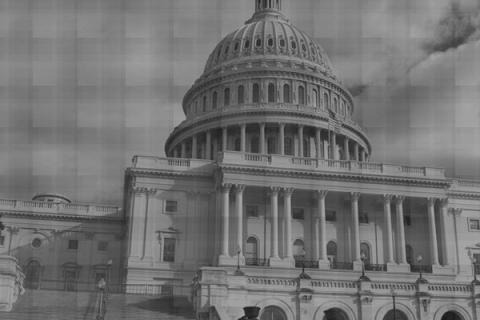California’s public transportation system has made for ripe comedic fodder for many years. Particularly in Southern California, the transit system is a joke on wheels. Over the last year, however, state leaders have been working to obtain funding for a high speed rail project to run the length of the state.
On November 23, Governor Schwarzenegger’s Office informed the public that he, alongside California’s two Democratic senators, sent a letter to President Obama in an attempt to speed the process of obtaining federal funding for the transit project. The funding is expected to come from the massive American Recovery and Reinvestment Act, signed into law by President Obama in February 2009. In their letter, the governor and Senators Boxer and Feinstein outlined reasons why the funding request should be granted, including the impact of removing more cars from the roads, providing more jobs and updating an aged and outpaced infrastructure system. They wrote that the state “has completed design and planning for the nearly 800-mile system and made significant progress on the environmental review, making our state uniquely qualified to employ federal funding quickly.”
California voters approved Proposition 1A in November 2008, arranging around $10 billion for the purpose of building a rail system to connect various regions of California to one another, including Los Angeles to Anaheim, San Francisco to San Jose, and Fresno to Bakersfield. In October, the governor and various state authorities banded together to jockey for $4.7 billion in federal aid to build the high speed rail system. Funding for the project has got off to a slow start, as the state is broke and legislators continue to stubbornly refuse to give up irresponsible spending practices and pet projects (re: ‘green’ anything).
While the governor and enact policies based on man-made global warming, this is one idea that makes sense. Building an efficient and affordable transit system to connect all Californians is a meaningful and logical way to take more cars off the road and reduce the boogeyman known as carbon emissions. Taxing business and individuals, however, in order to combat global warming, does not make sense. Also this week, the governor noted with pride, that the California Air Resources Control Board began to draft legislation on a statewide cap and trade program. Penalizing businesses does not help turn a state green, while investing in the future in the form of a solid transportation system does. Perhaps the governor and his allies should stick to actual firm ideas to enact change, rather than pointing the finger at business and demanding "cleaner" output at higher costs. It’s time to focus on the tangible, and stop reaching for "green" at all costs.

